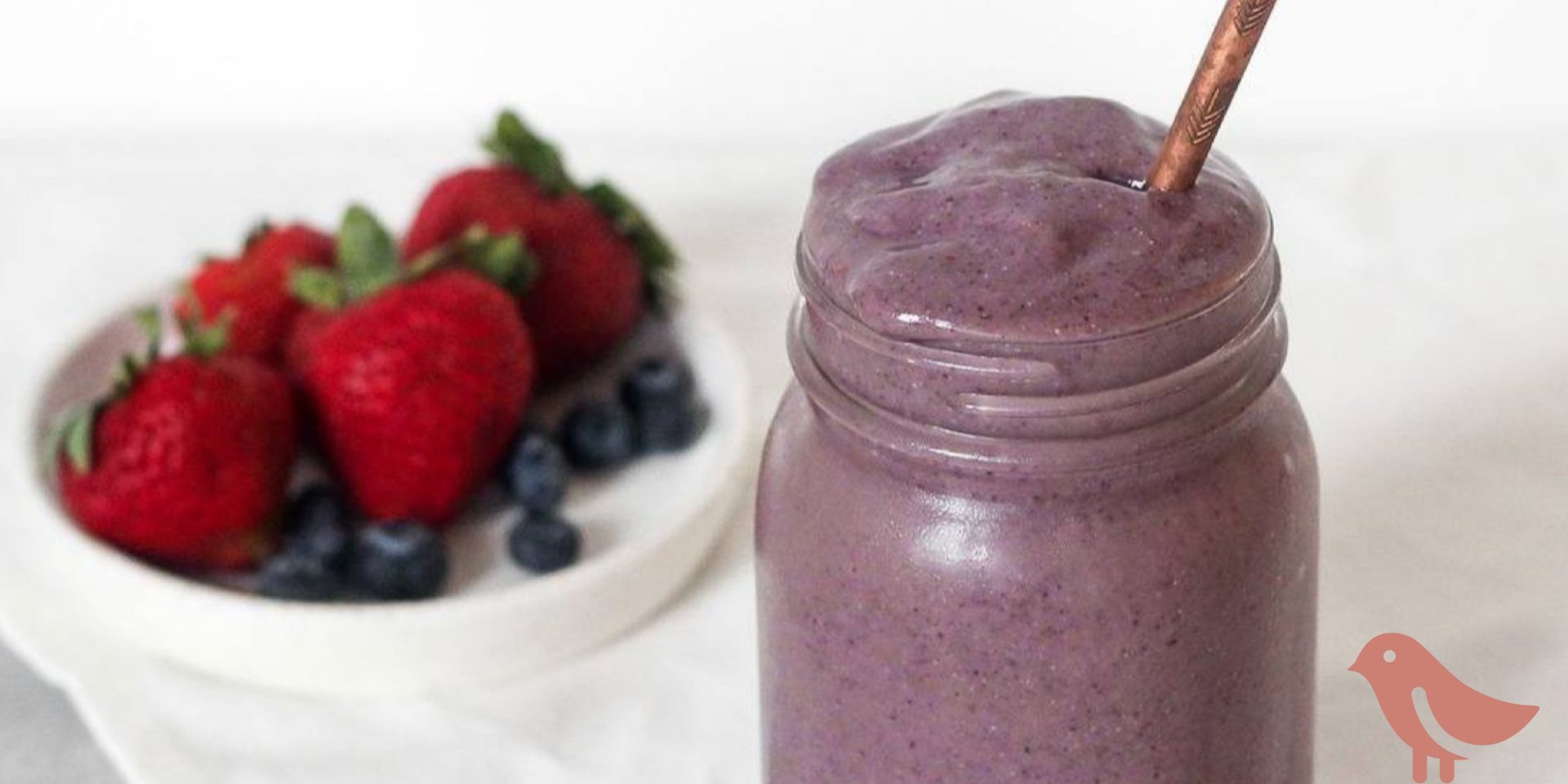Road To Belle document her journey with PCOS symptoms , and how to live with it. She inspires other to manage their relationship with food and body image.
Polycystic Ovary Syndrome (PCOS) is a complex hormonal and metabolic condition that effects the whole body. It is estimated than 1 in every 10 of all women in the world suffer from PCOS, however the average amount of time it takes for a diagnosis is around 6 years; leading many women to suffer in silence. Consequently, experts believe that many women with PCOS remain undiagnosed. The condition tends to run in families, but we also know there is an environmental component to its root causes. PCOS has 4 root causes that give many of the symptoms characteristic of the condition.
The root causes of PCOS:
- Insulin resistance
- Inflammation
- Gut health
- Hormonal imbalance (over production of androgens)
Symptoms of PCOS include:
- Irregular or missing period
- Lack of ovulation
- Higher chance of infertility
- Increased hair growth on the face, chest, stomach, back, and toes
- Acne
- Pattern baldness
- Psoriasis and eczema
- Sleep apnoea and insomnia
- Anxiety and depression
- higher incidence of eating disorders
- uncontrollable cravings
- IBS and gut issues such as bloating, constipation or diarrhoea
- Weight gain, especially around the abdomen
- High cholesterol and triglycerides
- Non alcoholic fatty liver disease
- Higher risk of type 2 diabetes
- Higher risk of endometrial cancer
Does what we eat influence our symptoms?
Food and lifestyle are two of the biggest influences on getting the root causes of PCOS under control, improving the symptoms and also quality of life. Unfortunately, most women think that taking the pill and metformin and living with the symptoms is their only solution. When in actual fact the contraceptive pill actually makes the root causes of PCOS worse.
With hormonal conditions, there is very rarely a ‘one size fits all’ solution, and proper testing can help determine which diet may be best suited to your specific case. For women with PCOS it’s recommended that they to sit down and assess their symptoms and figure out which root cause they need to focus on. Many women will suffer from more than one root cause.
Most doctors will advise women to lose weight to improve their symptoms, however what they fail to mention is that weight is actually a symptom of PCOS not a cause. Whilst even losing 5% of their body weight can help most women get many symptoms under control. It is not easy to lose weight if their root causes are not being controlled.
The nutrients you consume have a direct impact on your hormones, insulin, gut and inflammation and therefore eating certain nutrients can help reduce certain symptoms. When thinking about what foods to consume to improve your root causes, it’s important to think of every aspect of your life from breakfast to snacks, to treats. Stress management and movement are also essential to balance your lifestyle.
What to include in your meals
- Eat the rainbow. Always make sure you have two different colours of plant based foods on your plate. The more vegetables you include the better you manage your symptoms.
- Leafy greens – these are essential since they are rich in vitamin B, something that most women with PCOS are deficient in.
- Healthy fats – it is important to note that the quality of the fat we eat is crucial. Fats are essential to produce hormones and produce health eggs as well as controlling insulin resistance. This is not to say that all fats are good for PCOS. On the contrary, hydrogenated and trans fats can lead to increased inflammation and make PCOS symptoms worse. So focus on sources of fat like fatty fish, eggs, avocados, nuts and seeds.
- Lean meat – healthy cuts of meat are once again imperative for PCOS – they help control blood sugar levels and reduce insulin spikes. This not only helps to keep cravings at bay and control insulin spikes but also helps with weight gain and fertility.
- Wholegrains – As mentioned above PCOS sufferers are four times more likely to develop type 2 diabetes, and wholegrains contain high levels of fibre which can help manage insulin levels. High fibre foods, such as oats, nuts, wholegrain rice, whole grain pastas and breads and barley can help control blood sugar, keeping the gut healthy which is essential for PCOS and reduces the risk of type 2 diabetes.
- Spices and herbs – these help control inflammation.
Stress management, adequate movement, and 7 – 9 hours of sleep a night are also essential for the management of PCOS root causes.
Main Meal Recipe:

Chicken Shawarma bowl (serves 4)
Ingredients:
-600g chicken breast chopped into small chunks
-500g mixed salad (Romaine lettuce, baby spinach, purple cabbage, shredded carrots)
-2 diced tomatoes
-1 small diced cucumber
-1/4 cup of parsley
-1/2 lemon juiced
-2 tablespoons extra virgin olive oil
-1/4 cup tahini
-2 tablespoons water
-1/2 tsp cinnamon
-1/2 tsp turmeric
-1 tsp cumin
-1/2 tsp himalayan salt (regular salt will do too if you dont have Himalayan)
-A pinch of black pepper
Method:
Combine the olive oil with the salt, pepper, cinnamon, turmeric and cumin and coat the chicken in the mixture. Toss until the chicken is covered in the mixture put in a hot pan and grill until cooked through.
In a bowl combine the water, tahini, and lemon juice, mix well and set aside.
Combine the mixed salad with tomatoes and cucumber then top with the cooked chicken and drizzle with the tahini mixture.
Breakfast Recipe:

Berry Avocado Smoothie
Ingredients:
-1 cup unsweetened coconut/almond/oat milk
-1/2 frozen chopped zucchini
-1/4 cup frozen cauliflower
-1/2 cup frozen mixed berries
-1 date
-1/4 avocado
-1 tbsp chia seeds
-1 tbsp ground flax seeds
-1 tsp raw cacoa
-1 serving of vanilla protein powder
Method:
Easy! Put all ingredients in a blender and mix until smooth 🙂



